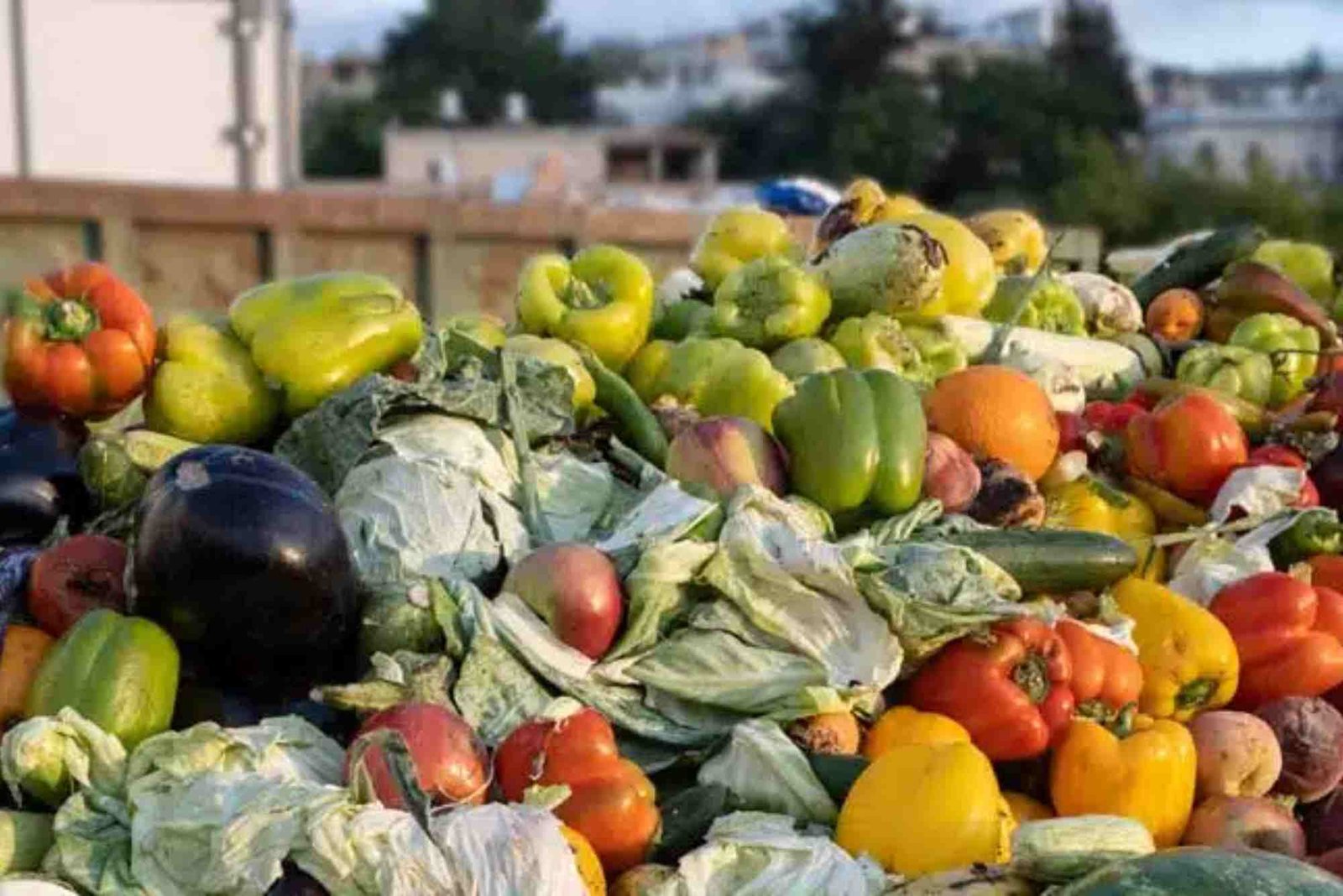Food Waste Management in UAE: Key Strategies and Sustainable Solutions
The United Arab Emirates (UAE) faces unique challenges in managing food waste, particularly due to its rapid urbanization, affluent lifestyle, and growing population. The country generates significant amounts of food waste daily, contributing to environmental pollution, greenhouse gas emissions, and loss of resources. In response, the UAE government, organizations, and individuals have introduced policies and innovative methods to reduce and manage food waste, promoting sustainability in line with global environmental goals.
Understanding the Scope of Food Waste in UAE
Food waste in the UAE has reached critical levels, with reports indicating that around one-third of the food produced globally is lost or wasted, and the UAE is no exception. Food wastage is common in households, restaurants, hotels, and supermarkets, with food discarded at various stages from supply to consumption. This not only leads to economic losses but also impacts the environment negatively. The government’s commitment to addressing this issue is essential to protect resources and enhance food security in the region.
Government Initiatives to Combat Food Waste
The UAE government has implemented a range of policies to address food waste, part of its larger agenda for sustainability and environmental conservation. The UAE National Food Security Strategy 2051 is a key initiative that includes provisions to reduce food wastage and encourage efficient use of resources. As part of the strategy, the UAE aims to implement modern agricultural techniques, promote sustainable food production, and foster greater awareness about food wastage.
Additionally, the Food Waste Pledge is a program encouraging the hospitality sector, including hotels and restaurants, to cut down on food waste by following specific guidelines for food management and donation. By collaborating with food banks and charities, these establishments can redirect excess food to those in need, helping to curb waste and support local communities.
Role of Technology in Food Waste Management
Innovation is pivotal in the UAE’s approach to managing Food Waste Management in UAE, and technology plays a significant role in creating effective solutions. Artificial Intelligence (AI) and Internet of Things (IoT) technologies are being utilized in smart food management systems that monitor food storage conditions, track expiry dates, and predict consumer demand patterns to prevent excess food orders. This approach helps both retailers and consumers reduce waste by better managing inventory and food consumption.
Community Efforts and Awareness Campaigns
The UAE’s food waste management success also depends on the involvement of residents and businesses in adopting sustainable practices. Awareness campaigns and community programs educate people on the impact of food waste and encourage them to make responsible choices. For example, several initiatives are focused on reducing portion sizes, composting organic waste, and sharing leftover food with those in need. Schools, universities, and local communities regularly participate in educational workshops and activities promoting sustainable food habits.
Sustainable Practices for Individuals and Businesses
Individuals and businesses play a crucial role in tackling food waste. Households can make a significant difference by planning meals, storing food properly, and repurposing leftovers. Businesses, particularly in the hospitality sector, are encouraged to adopt waste-reducing practices, including more accurate portion control and food donation to charitable organizations. These steps not only reduce waste but also help the UAE work toward its sustainability goals.
Benefits of Effective Food Waste Management
Managing food waste effectively provides multiple benefits for the UAE. Environmental advantages include reduced landfill waste and decreased greenhouse gas emissions, as decomposing food releases methane, a potent greenhouse gas. Economically, the UAE can save on costs related to food production, transportation, and disposal, while socially, these measures help in food redistribution, aiding vulnerable communities and enhancing food security.
FAQs: Food Waste Management in UAE
What causes food waste in the UAE?
Food waste in the UAE is driven by factors like consumer habits, high standards in the hospitality industry, and lack of awareness about food conservation.
How is the UAE addressing food waste?
Through government policies, technology, community campaigns, and collaborations with businesses, the UAE is actively working to reduce food waste.
Can individuals help reduce food waste in the UAE?
Yes, individuals can help by meal planning, proper storage, and donating leftovers, contributing to a more sustainable UAE.
How does food waste impact the environment?
Food waste contributes to greenhouse gas emissions and resource depletion, impacting the UAE’s environment and sustainability goals.
Effective management of food waste is essential for building a sustainable future, and the UAE is setting a strong example through a mix of policy, technology, and community action. By following sustainable practices, residents and businesses can significantly contribute to these efforts.




